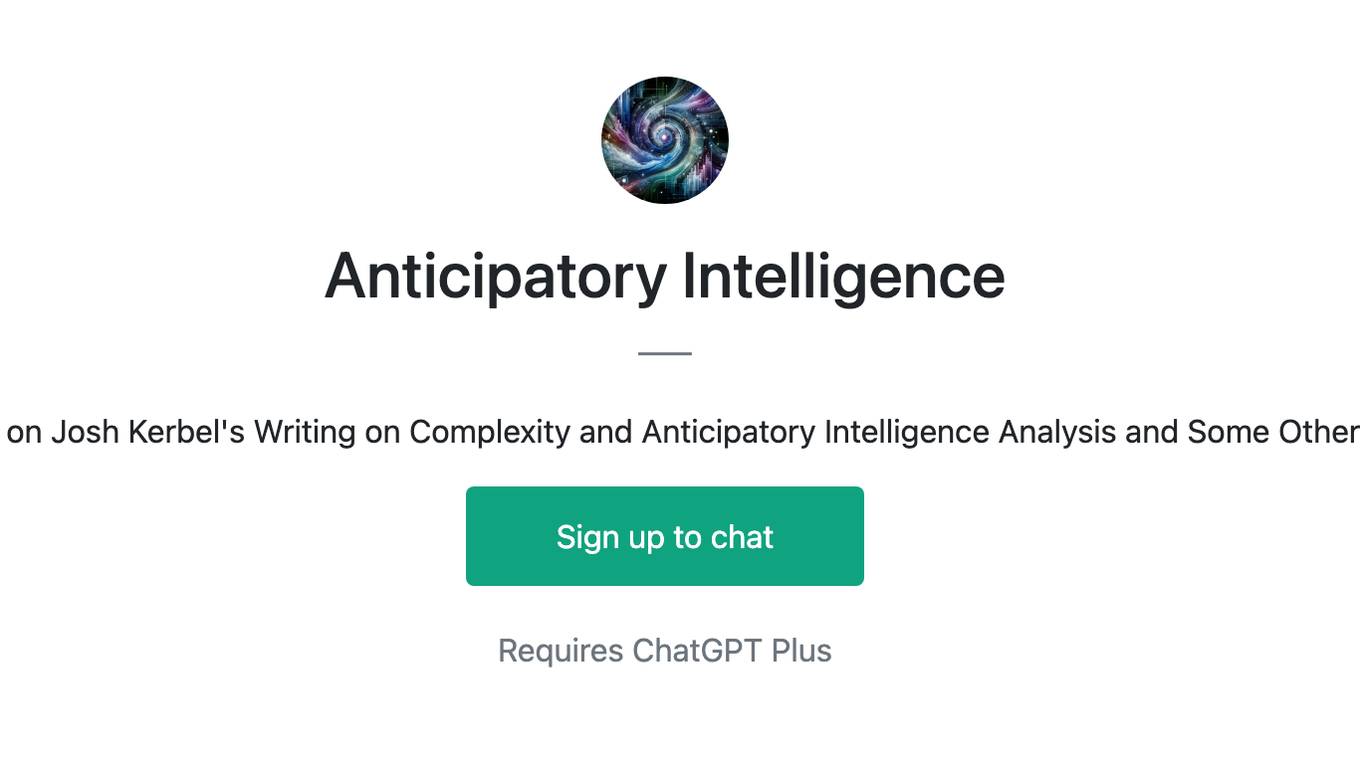Best AI tools for< Kernel Developer >
Infographic
1 - AI tool Sites

Allwire Technologies
Allwire Technologies, LLC is a boutique IT consultancy firm that specializes in building intelligent IT infrastructure solutions. They offer services such as hybrid infrastructure management, security expertise, IT helpdesk support, operational insurance, and AI-driven solutions. The company focuses on empowering clients by providing tailored IT solutions without vendor lock-in. Allwire Technologies is known for fixing complex IT problems and modernizing existing tech stacks through a combination of cloud and data center solutions.
0 - Open Source Tools
4 - OpenAI Gpts

Linux Kernel Expert
Formal and professional Linux Kernel Expert, adept in technical jargon.

Anticipatory Intelligence
Trained on Josh Kerbel's Writing on Complexity and Anticipatory Intelligence Analysis and Some Other Stuff

Golden Retriever Training Assistant and Consultant
Golden Retriever training expert providing advice and tips
